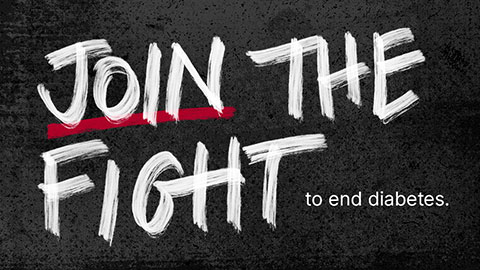What is severe hypoglycemia?
Severe hypoglycemia, which may also be referred to as an insulin reaction or insulin shock, is when your blood glucose (blood sugar) drops dangerously low (but it can occur in those not on insulin). If you have severe hypoglycemia, you may become confused, pass out (lose consciousness), or treatments for a low blood glucose aren’t working.
Who is at risk for severe hypoglycemia?
- People on blood glucose-reducing medications (insulin, sulfonylureas, or meglitinides)
- People with a history of severe hypoglycemia
Signs and symptoms of severe hypoglycemia
- An altered mental state
- Fainting or losing consciousness
- Incredibly weak and unable to help yourself
- Seizure
- Coma
If left untreated for too long, severe hypoglycemia can lead to brain or organ damage or even death.
Severe Hypoglycemia: Reducing Risk and Avoiding Catastrophe Webinar
Severe hypoglycemia can be life-threatening, but with the right strategies, it’s manageable. Join our upcoming webinar to hear from top experts in the field, including Scott Pilla, MD; Medha Munshi, MD; and Diana Isaacs, PharmD. Get practical tips on medication adjustments, glucagon use, and patient education.
Severe Hypoglycemia Treatment
Glucagon, preferably ready-to-use, should be used to treat severe hypoglycemia. It quickly raises blood glucose levels by causing the liver to release the glucose it stores into your bloodstream.
There are three formulations of glucagon:
- Premixed pens/injections (ready-to-use), similar to epinephrine autoinjectors for allergies
- Nasal powder (ready-to-use)
- Kit that requires mixing a powder and liquid prior to administration
Ready-to-use glucagon is preferred, widely available, and saves lives. If you are at risk, it's important to have glucagon in your toolkit and for both yourself and any caregivers to know how and when to use it.
If you do not currently have an active glucagon prescription or your glucagon is expired, talk to your doctor as soon as possible about getting one, preferably for a ready-to-use formulation.



 is proud to support the work of the American Diabetes Association® to address severe hypoglycemia.
is proud to support the work of the American Diabetes Association® to address severe hypoglycemia.





